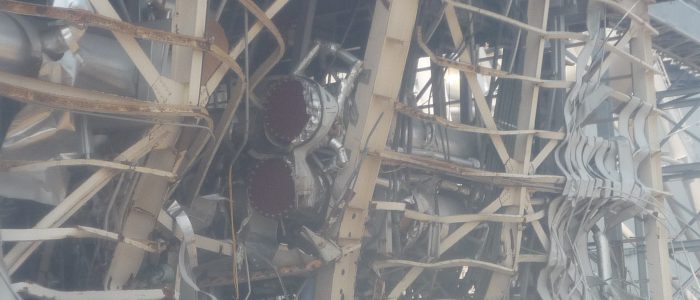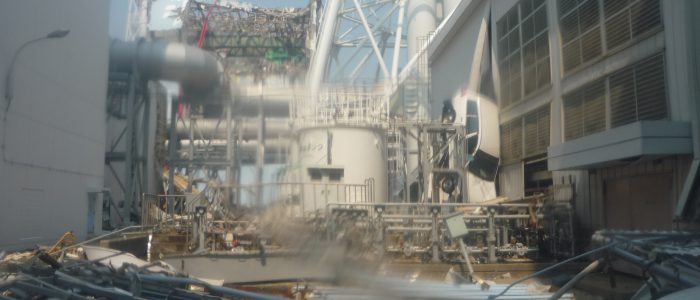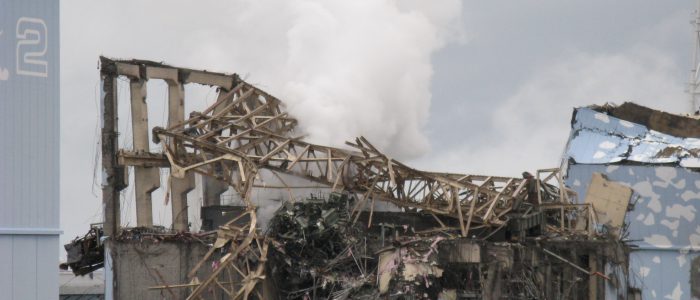TEPCO Fukushima Daiichi Nuclear Power Plant
On March 11, 2011 the Tohoku earthquake and tsunami occurred causing a melt down from the loss of all power supply and then a hydrogen explosion in building Unit 1 at 15:36 the following day at the TEPCO Fukushima Daiichi Nuclear Power Plant.
Ironically, the message asserted by the nuclear power industry was that “a serious accident never happened.”
Only a small number of people actually knew what was really happening.
The general population in Fukushima still did not understand what dangerous consequences the melt down and explosion meant for their hometown.
They were more concerned with restoring their lifeline and regaining access to food, water and safe shelter.
Security Myths
In foreign countries when there is a severe nuclear accident, the business operators have only limited liability.
On the other hand, in Japan, there is unlimited liability.
Therefore, it is easy to understand why the nuclear industry would perpetuate a safety myth regarding the impossibility of severe accidents at nuclear power plants.
Source : TEPCO Holdings
Initial Exposure
Following the nuclear disaster, statements were made by the government and authoritative experts such as,
“There is no immediate effect” and “If we laugh, no radiation will come” and there were no reports of the radiation levels for surrounding areas.
On March 15th, Fukushima Prefecture Nuclear Safety Division recorded spikes as high as 24 microsievert per hour in Fukushima City.
Meanwhile, unknowingly mothers wondered around the city with their young, susceptible children looking for water, food and gasoline,
and middle and high school students continued outdoor activities as usual.
All the while reports of nosebleeds and sicknesses were all over social media.
Radioactive measurement in areas around Fukushima on March 15, 2011(spiked shown in Fukushima City) [ μGy ≒ μSv ]
Source : Fukushima Prefecture Nuclear Safety Division
Olympics
Japan continues to insist that everything is safe and there is nothing wrong, as the 2020 Olympics approaches.
While Japan is busy convincing people from all over the world that there is no concern,
the people of Fukushima are still struggling with the reality.
Olympic torch may start at Fukushima soccer ground – News – NHK WORLD – English https://t.co/GZ26OczABV
— ふくしま30年プロジェクト (@info_fukushima) April 1, 2019
Fukushima soccer facility, repurposed after 3/11 disaster, fully reopens | The Japan Times https://t.co/VMxUo7PkZQ
— ふくしま30年プロジェクト (@info_fukushima) May 12, 2019
Tokyo Olympics
Torch Relay Route
Koriyama City




